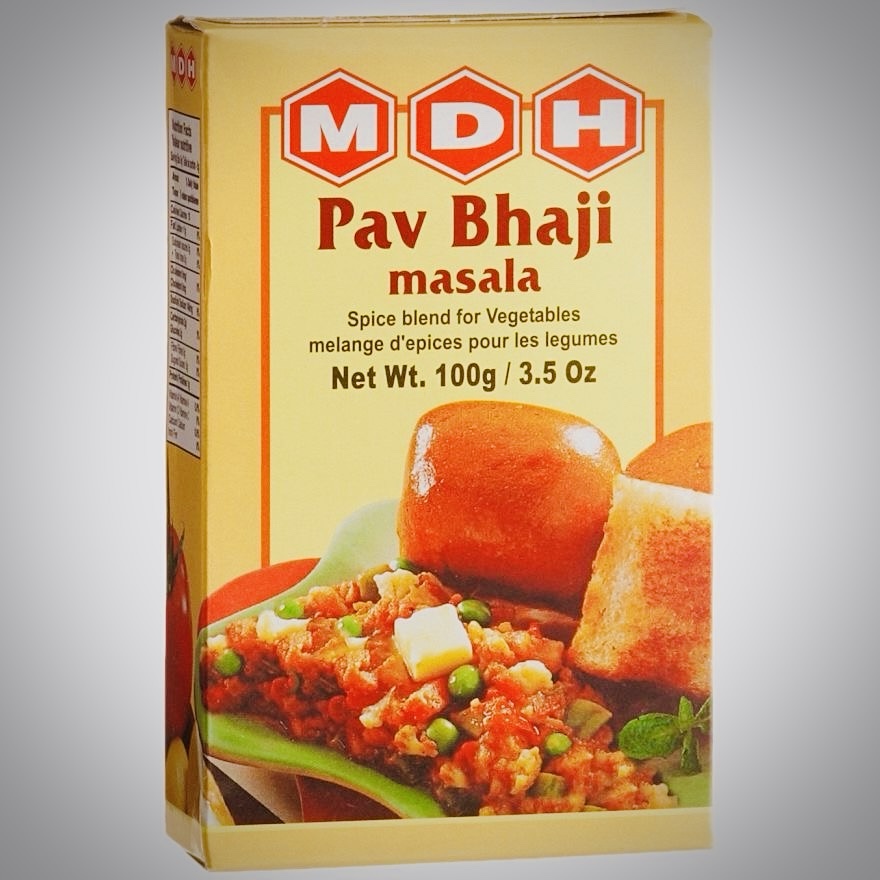Introduction:
In recent developments, India has initiated inquiries with Singapore and Hong Kong following the imposition of bans on specific batches of MDH and Everest spices due to the detection of salmonella bacteria. This regulatory action has prompted a closer examination of the safety and quality standards governing Indian spice exports, raising concerns within both the industry and among consumers worldwide. Let’s explore the implications of these bans and their significance for the Indian spice sector and global food safety standards.

The Spice Ban:
Singapore and Hong Kong recently imposed bans on certain batches of MDH and Everest spices due to the detection of salmonella bacteria. Salmonella is a common cause of foodborne illness and can pose serious health risks if consumed. Consequently, these bans have raised questions about the safety and quality standards of Indian spice products exported to international markets.
India’s Response:
In response to the bans, India has initiated inquiries to gather more information from Singapore and Hong Kong authorities. This proactive approach underscores India’s commitment to ensuring the safety and integrity of its exports while also addressing concerns raised by importing countries.
MDH and Everest:
Icons of Indian Cuisine: MDH and Everest are renowned brands that have been synonymous with authentic Indian spices for decades. Their products are not only staples in Indian households but also widely used by culinary enthusiasts worldwide. The sudden ban on these brands has sent shockwaves through the global Indian diaspora and raised doubts about the safety of Indian spice products.
Quality Control Measures:
The Indian spice industry is governed by stringent quality control measures to uphold the highest standards of hygiene and safety. From sourcing raw materials to manufacturing and packaging, every step in the production process is closely monitored to ensure compliance with regulatory requirements. However, occasional lapses or contamination incidents can occur, highlighting the need for continuous vigilance and improvement.
Global Impact:
The ban on MDH and Everest spices underscores the interconnectedness of the global food supply chain and the importance of robust quality assurance mechanisms. As consumers become increasingly conscious of food safety and quality, incidents like these can have far-reaching consequences for both exporters and importers. It is essential for all stakeholders to collaborate and address these challenges collectively to safeguard public health and maintain consumer trust.
Consumer Awareness:
Amidst concerns about food safety, consumer awareness plays a crucial role in making informed choices. It is essential for consumers to educate themselves about the products they purchase and familiarize themselves with safety protocols recommended by health authorities. By staying vigilant and exercising caution, consumers can protect themselves and their families from potential health risks associated with contaminated food products.
Regulatory Compliance:
For exporters, adhering to regulatory requirements and implementing robust quality control measures are imperative to maintain market access and reputation. Regulatory agencies play a pivotal role in overseeing compliance and taking prompt action in cases of non-compliance or safety concerns. By working closely with industry stakeholders, regulatory bodies can strengthen enforcement mechanisms and enhance consumer protection measures.

Future Outlook:
The ban on MDH and Everest spices serves as a wake-up call for the Indian spice industry to reinforce its commitment to quality and safety. It is an opportunity for stakeholders to introspect, identify areas for improvement, and implement corrective measures to prevent similar incidents in the future. By embracing innovation and best practices, the industry can regain consumer trust and reaffirm its position as a global leader in the spice trade.
Conclusion:
the recent bans on MDH and Everest spices by Singapore and Hong Kong underscore the critical importance of robust quality control measures and regulatory compliance in the global spice trade. As India initiates inquiries and takes proactive steps to address concerns raised by these bans, it demonstrates a commitment to ensuring the safety and integrity of its exports. This incident serves as a catalyst for industry stakeholders to collaborate, innovate, and strengthen food safety protocols to safeguard public health and maintain consumer trust. By learning from this experience and implementing necessary improvements, the Indian spice industry can emerge stronger, reaffirming its position as a trusted provider of high-quality products in the global marketplace.